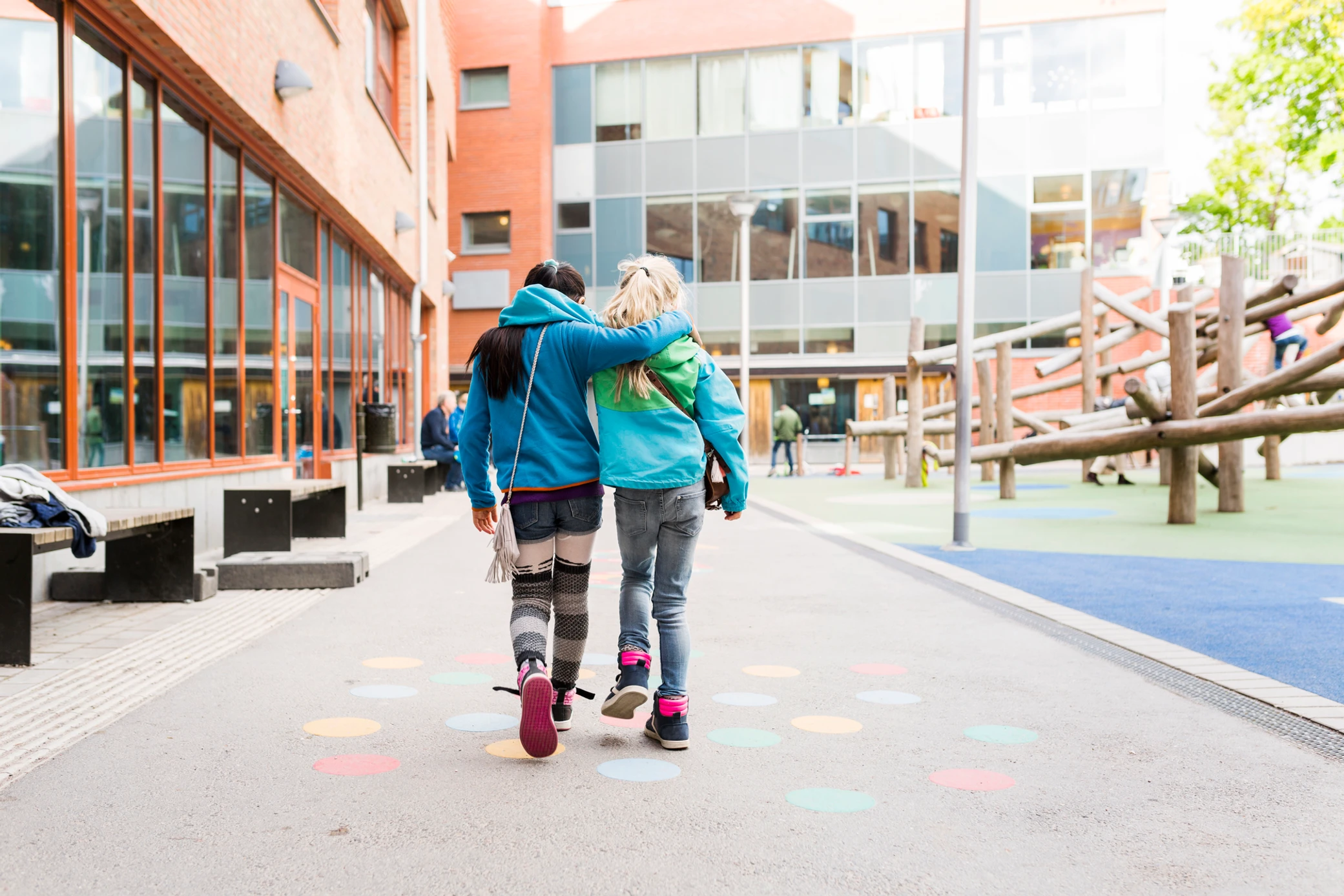How Can Educators Make a Positive Impact on Social Change?
A teacher has the ability to be a social change agent who helps empower students, helps them exceed expectations, and realize their true potential. As Wright (2011) suggests, this means that within a school classroom context the teacher will expose learners to a range of viewpoints and encourage them to question what could well be dominant assumptions about a particular place, people, or culture (Bourn, 2016). A teacher helps facilitate the difficult questions and notions surrounding race, culture, gender identity, etc. A teacher as a social change agent reiterates the complex process of reflection, dialogue, and engagement (Bourn, 2016). Teachers have powerful influence and it is important to have conversations with students in an objective manner, helping them see different perspectives. As Cappy states, teachers can promote inclusiveness among pupils, or encourage social divisions based on ethnic, religious, racial or gender differences (Cappy, 2016). A teacher-social change agent promotes an inclusive classroom environment, one where all students are valued, heard and made to realize their true potential.
I teach high school math in the third largest school district in San Diego county, where we serve approximately 33,000 students. I aim to be a teacher-social change agent, but if I’m being honest, it feels difficult within my subject and area. As a math teacher, I don’t get as many opportunities to have dialogue surrounding important events and ideas as an English or Social Science teacher would. I do my best to have projects and problems that involve real world applications that will facilitate conversations. I do feel that every day when these students come into my classroom I empower them to exceed their own expectations, to embrace challenges and encourage them to think critically and problem solve. I want each student to reflect and become a part of the social change.
References
Bourn, D. (2016). Teachers as agents of social change. International Journal of Development Education and Global Learning, 7(3), 63–77. https://files.eric.ed.gov/fulltext/EJ1167813.pdf
Cappy, Christina. (2016). Shifting the future? Teachers as agents of social change in South African secondary schools. Education as Change. 20. 10.17159/1947-9417/2016/1314
Schulz, W. C. (2018). Towards social change leadership: Integrating UN SDG's & Walden's social change skills curricular framework. Walden University Center for Social Change, 1-14.


This passage effectively highlights the transformative role teachers can play as social change agents, fostering inclusiveness, critical thinking, and empowerment among students. By referencing scholars like Wright (2011) and Bourn (2016), it underscores the importance of exposing learners to diverse perspectives, questioning dominant assumptions, and facilitating complex discussions on topics such as race, culture, and gender identity. The personal reflection on teaching math in San Diego adds a relatable and introspective dimension, illustrating the unique challenges of integrating social change discussions into a subject often perceived as less conducive to such dialogue. While the author acknowledges the difficulty of addressing these topics within the constraints of a math curriculum, they emphasize their efforts to incorporate real-world applications that spark critical thinking and reflection. However, the narrative could be further strengthened by elaborating on specific challenges, providing concrete examples of successful projects, and offering actionable strategies for promoting inclusiveness within a math context. Additionally, the structure could benefit from clearer distinctions between general observations and personal experiences to improve flow. Overall, this passage captures a thoughtful commitment to fostering social change in education and leaves room for practical suggestions to bridge the gap between aspiration and practice.
ReplyDeleteReferences
Wright, M. (2011). Cultural diversity and education: Foundations, curriculum, and teaching (5th ed.). Routledge.
Bourn, D. (2016). The theory and practice of development education: A pedagogy for global social justice. Routledge.